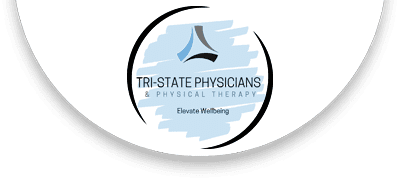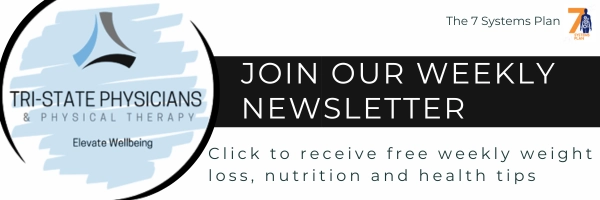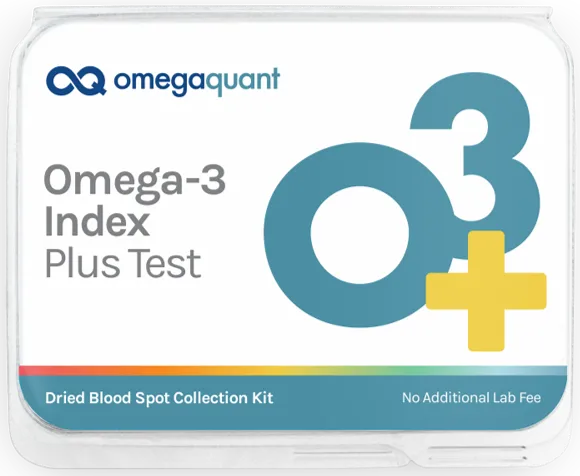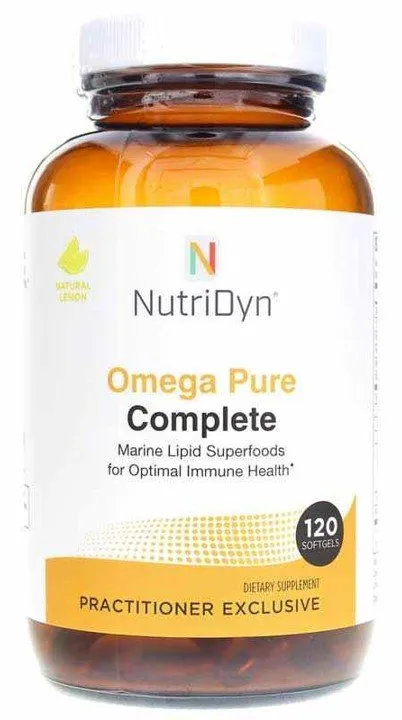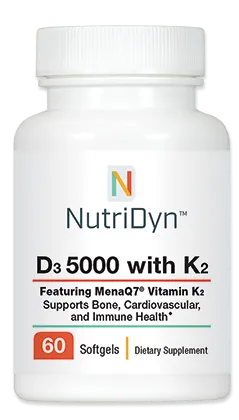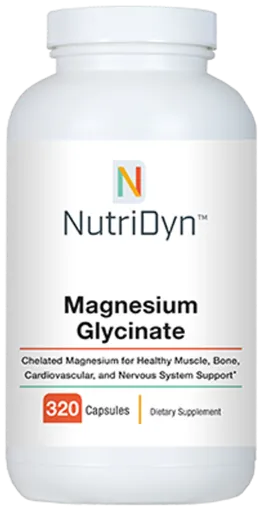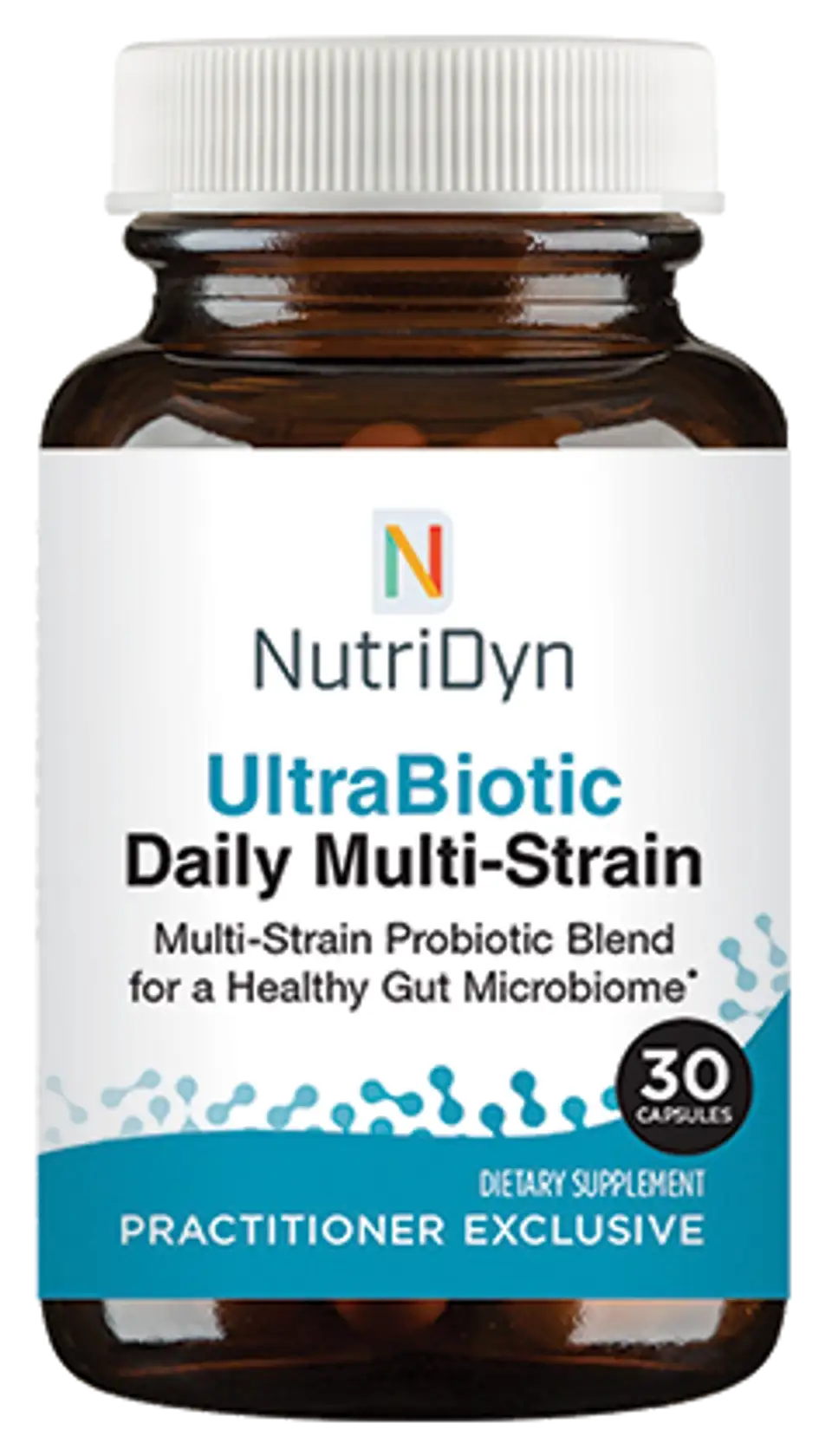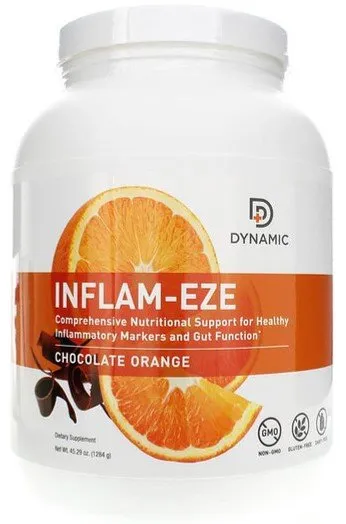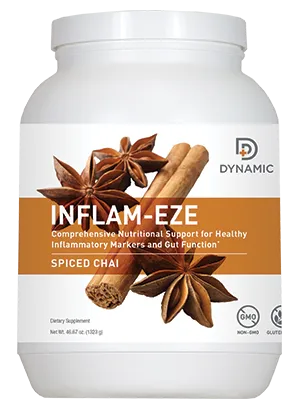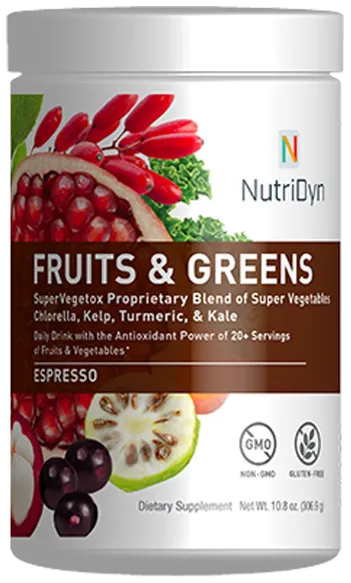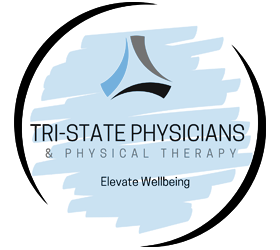7 Strategies to Reduce Inflammation (#1 is a Game Changer) in South Sioux City NE
A Critical Path to Health
Chronic inflammation in South Sioux City NE stands as a silent threat to modern health, often lurking undetected until manifesting as a severe disease. It is a pervasive issue, primarily because it can quietly compromise well-being, leading to a range of health problems, from autoimmunity to cancer.
Understanding the mechanisms of inflammation and adopting strategies to mitigate its effects are crucial steps toward safeguarding health. This article delves into inflammation, its implications, and practical ways to reduce it, offering hope for those seeking to improve their health.
Double-Edged Sword in South Sioux City NE
Inflammation, by design, is a vital biological response, signaling the immune system to address issues within the body. It is the body’s way of communicating that something is amiss, prompting defensive action to eliminate the problem. However, when inflammation persists beyond its proper purpose, becoming chronic, it can begin to damage the body and all Systems.
This relentless state of alert drains the immune system’s resources and sets the stage for a slow decline in cellular function and overall health. The transition from acute, beneficial inflammation to a chronic, harmful state is often fueled by lifestyle factors such as poor diet and stress, highlighting the importance of lifestyle choices in managing inflammation.
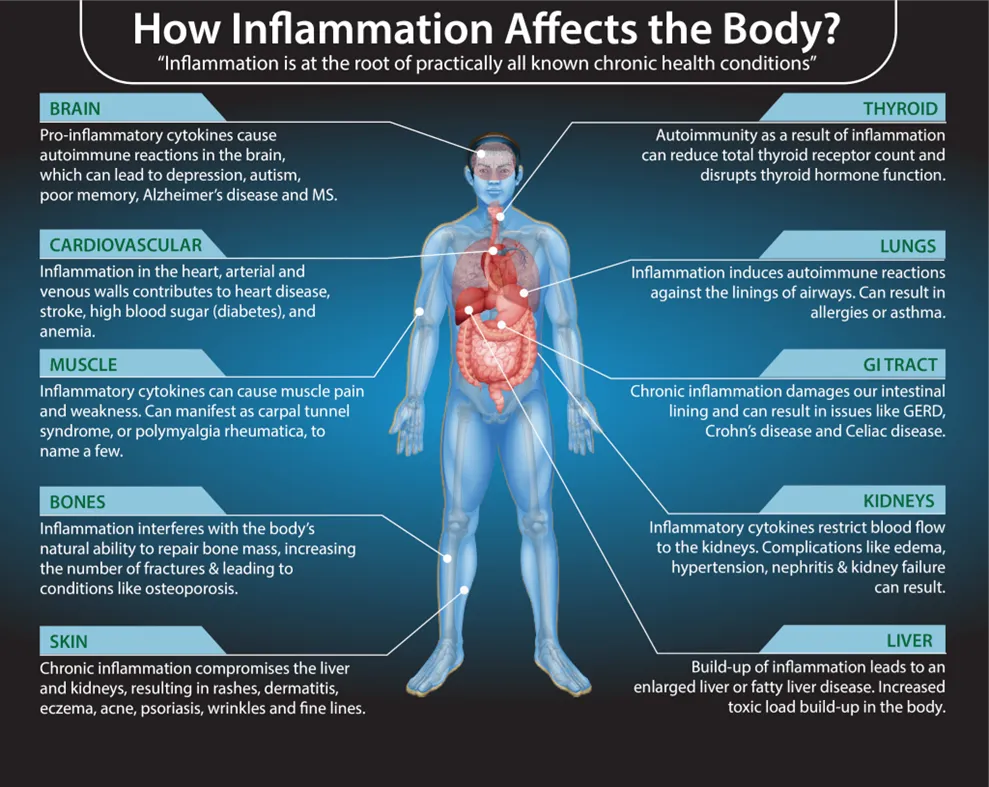
Far-Reaching Impact
The effects of chronic inflammation extend far beyond discomfort and pain, reaching the very core of cellular energy production. Mitochondria, the powerhouses of cells responsible for generating the energy essential for daily bodily functions, are particularly vulnerable. When inflammation hampers mitochondrial function, the body’s energy production is compromised, increasing disease risk. Chronic inflammation is implicated in multiple conditions, including but not limited to:
- Autoimmunity
- Cancer
- Diabetes
- Arthritis
- Leaky Gut Syndrome
- Heart Disease
- Liver Disease
- Pancreatitis
- Neurodegenerative Diseases
- Behavioral Changes
This list underscores the pervasive nature of inflammation and its role as a common denominator in many chronic diseases.
Preventing Chronic Inflammation
Addressing inflammation is not just a method of disease management; it is foundational for overall health. Imagine your body as a well-oiled machine, where each part syncs to keep things running smoothly. Chronic inflammation, however, acts like rust that starts in one small area but can quickly spread, threatening the functionality of the entire machine.
Just as rust can cause parts of a machine to grind to a halt, slowing down its efficiency and eventually leading to breakdowns, chronic inflammation disrupts the body’s natural processes. It can slow down healing, impair cell function, and lead to widespread issues across multiple Systems if left unchecked.
Tackling chronic inflammation is like applying a powerful anti-rust treatment to your machine. It stops the spread of rust and helps repair the damage, ensuring every component works optimally. Adopting healthful habits that reduce inflammation can restore health and keep your Systems running without disruption.
While the challenge of chronic inflammation can seem daunting, you have the power to turn it off. Adopting specific lifestyle changes can significantly reduce inflammation levels, enhancing your health and reducing disease risk. Seven practical strategies to reduce inflammation effectively and swiftly offer valuable insights for anyone looking to improve their health.
Chronic inflammation is more than a health issue; it warns us to reassess and modify our lifestyle choices for the better. By understanding its causes, effects, and the means to combat it, we can take decisive steps towards a healthier, more vibrant life.
7 Effective Strategies to Reduce Inflammation and Enhance Well-being
1. Adopt an Anti-Inflammatory Diet
- Proactive: The 7 Systems Plan is an anti-inflammatory diet rich in fruits, vegetables, whole grains, nuts, seeds, and fatty fish. These foods provide antioxidants, phytonutrients, and omega-3 fatty acids, essential for reducing inflammation throughout the body. Nothing trumps diet, so we will explore this further.

- Avoid: Processed and fast foods, trans fats, excessive sugar, and high-fructose corn syrup can trigger and exacerbate inflammation.
- Decrease Omega-6 and Linoleic Acid: Omega-6 fatty acids, particularly linoleic acid, are essential fats the body cannot produce independently. However, in the modern diet, the consumption of omega-6 fatty acids has increased tremendously, disrupting the healthy balance between omega-6 and omega-3 fatty acids.
This imbalance is linked to the pathogenesis of many diseases, including cardiovascular disease, cancer, and inflammatory and autoimmune diseases. Linoleic acid, found abundantly in vegetable oils, can be converted into arachidonic acid (AA) in the body. AA is a precursor to pro-inflammatory eicosanoids, signaling molecules that play a critical role in inflammation and immune responses.
Reducing inflammation effectively is not only about adding anti-inflammatory foods and practices into your life but also about minimizing the intake of vegetable oils and processed foods.
If you want to check your level of omega-3, omega-6, and AA, the omega-3 plus test by NutriDyn is an excellent at-home test. I recommend everyone do this test once a year.
- Decrease Animal Protein: Reduce meat and other animal protein intake due to their potential contribution to inflammation. Animal proteins, particularly those from processed meats or conventionally raised livestock and poultry, can be high in omega-6 fats, saturated fat, and arachidonic acid, which promote inflammatory processes.
Additionally, the production of these proteins often involves antibiotics and hormones, which can further contribute to inflammation when consumed.
- Increase Plant Protein Intake: Shifting towards plant-based proteins such as beans, lentils, chickpeas, tofu, tempeh, and whole grains is beneficial for several reasons. Plant proteins are associated with lower levels of inflammation, partly due to their high fiber content, which supports gut health and reduces gut-associated inflammation.
Furthermore, these foods are rich in antioxidants and other phytonutrients with natural anti-inflammatory properties. Incorporating a variety of plant-based protein sources can also ensure a broad intake of essential amino acids, vitamins, and minerals.
Beyond the anti-inflammatory benefits, increasing plant protein intake and decreasing meat consumption can positively affect overall health, including reduced risk of heart disease, type 2 diabetes, and certain cancers.
Incorporating plant-based proteins into an anti-inflammatory diet aligns with the principles of the 7 Systems Plan by promoting a diet that supports all Systems of the body. This approach not only addresses inflammation but also contributes to broader health benefits. Individuals can significantly impact their inflammation levels and wellness by making conscious choices about protein sources.
2. Maintain a Healthy Gut
- Proactive: Incorporating fermented foods like yogurt and kombucha introduces beneficial probiotics, while fibers from fruits, vegetables, and whole grains act as prebiotics, nourishing good bacteria in the gut. This balance is crucial for immune function and managing inflammation.
- Avoid: Foods high in refined sugars can disrupt the gut microbiome balance, leading to increased inflammation. Artificial sweeteners, antibiotics, and other medications can also harm beneficial gut bacteria.

3. Engage in Regular Physical Activity
- Proactive: Engage in activities you enjoy and can maintain consistently, like brisk walking, cycling, swimming, or yoga, to promote circulation and lymphatic flow, which helps in detoxification and reducing inflammation.
- Avoid: Excessive high-intensity workouts without proper rest can lead to increased inflammation. Ensure adequate recovery and balance intense workouts with restorative activities.
4. Manage Stress
- Proactive: Techniques such as mindfulness meditation, deep breathing exercises, and yoga can significantly reduce stress levels. Engaging in hobbies and activities that bring joy and relaxation can also help manage stress effectively (see Chapter 6 in the 7 Systems Plan book).
- Avoid: Identify and minimize exposure to situations and relationships that cause undue stress. Chronic stress is a known contributor to inflammation, so finding effective coping strategies is essential.
5. Get Quality Sleep
- Proactive: Establishing a regular sleep schedule and creating a restful environment free from electronic devices before bedtime supports the body’s natural circadian rhythms, promoting restorative sleep, which is crucial for managing inflammation. Check out the 7 Systems Plan Sleep Course if you struggle with poor sleep.
- Avoid: Stimulants such as caffeine and nicotine, especially in the hours leading up to bedtime, can disrupt sleep patterns. Similarly, exposure to blue light from screens can interfere with melatonin production, affecting sleep quality.
6. Hydrate Plentifully
- Proactive: Drinking sufficient water throughout the day is essential for supporting all bodily functions, including the detoxification processes that help manage inflammation. Herbal teas and infused water can also be hydrating and enjoyable alternatives.
- Avoid: Sugary drinks and beverages high in caffeine or alcohol can lead to dehydration and contribute to inflammatory processes. Opt for water or other hydrating fluids instead.
7. Incorporate Anti-Inflammatory Supplements
- Proactive: Supplements from NutriDyn like Omega Pure Complete, D3 5,000 with K2, Magnesium Glycinate, and Probiotic Daily Multi-Strain support the body’s natural anti-inflammatory processes. These supplements can fill nutritional gaps and offer additional benefits alongside a healthy diet.
Functional foods are my favorite tool to stop chronic inflammation.
Dynamic Inflam-Eze from NutriDyn is a comprehensive nutritional supplement that supports gut function and healthy inflammatory markers with potent ingredients such as turmeric. It is a plant-based protein powder full of vitamins, minerals, antioxidants, amino acids, BCAAs, and a balanced ratio of protein, carbohydrates, and fats for optimal support of macro- and micronutrients based on clinical research.
Avoid: Drug store and supermarket supplements.
Implementing these strategies reduces chronic inflammation and its harmful effects on health. Integrating these practices into your lifestyle can create a foundation for long-term health and vitality.
For your health,
Dr. Pat
Video of the Week
Recipe of the Week
Teresa’s 7 Systems Kitchen

Anti-Inflammatory Chia Smoothie
- 1 scoop NutriDyn Dynamic Inflam-Eze Spiced Chia
- 1 scoop NutriDyn Fruits & Greens Espresso
- 1 small banana
- 5 oz. plant-based milk (I like milkadamia from Thrive Market)
- 5 oz. filtered water
- Ice cubes
- Optional (pinch of cinnamon)
When making smoothies, combine and thoroughly blend all ingredients before adding the Functional Food. NutriDyn recommends blending no longer than 15 seconds after adding the Functional Food and consuming it within 10 minutes.
Sign up below to get our weekly newsletter
sent directly to your email inbox!
OFFICE HOURS
Monday
8:00am - 6:00pm
Tuesday
8:00am - 6:00pm
Wednesday
8:00am - 6:00pm
Thursday
8:00am - 6:00pm
Friday
8:00am - 6:00pm
Saturday
8:00am - 10:45am
Sunday
Closed
Tri-State Physicians &
Physical Therapy Clinic
3900 Dakota Avenue #6
South Sioux City, NE 68776

